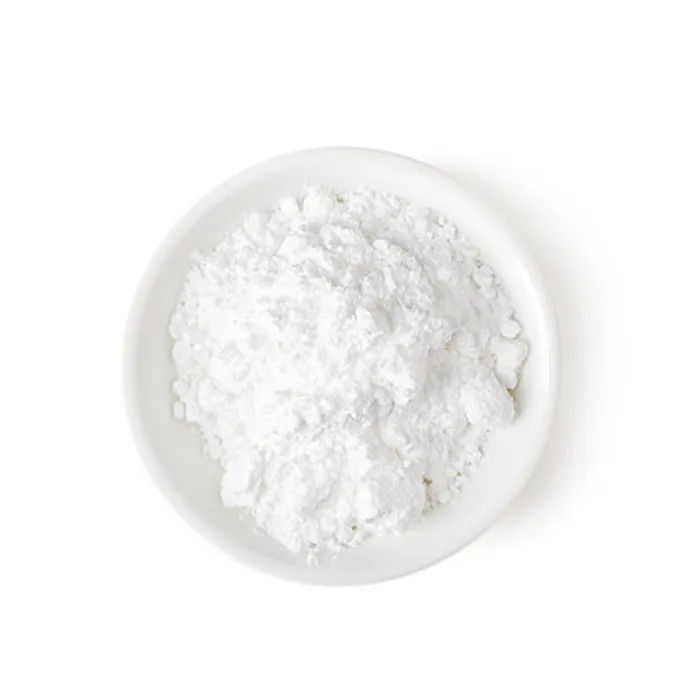PQQ and Heart Health A Nutritional Perspective
In recent years, the spotlight has turned towards a little-known compound called pyrroloquinoline quinone, or PQQ, and its potential benefits for heart health. As interest in natural supplements and their effects on cardiovascular health grows, PQQ has emerged as a fascinating subject of research.
PQQ and Heart Health A Nutritional Perspective
One of the most compelling studies conducted on PQQ examined its effects on endothelial function. The endothelium is the thin layer of cells lining the blood vessels, crucial for regulating vascular health. When the endothelium is functioning properly, it helps to maintain blood flow and prevent conditions such as atherosclerosis (the buildup of plaques in arteries). Research shows that PQQ supplementation may enhance endothelial function, consequently improving blood circulation and overall cardiovascular health.
pqq heart

Moreover, PQQ is believed to stimulate mitochondrial biogenesis—the process by which new mitochondria are formed within cells. Mitochondria are often referred to as the powerhouses of the cell, as they produce the energy necessary for various bodily functions. Healthy mitochondria support not only energy levels but also cardiovascular function. By enhancing mitochondrial health, PQQ may contribute to the improved functioning of heart tissues, supporting their resilience against stressors.
Apart from its potential to boost cardiovascular health, PQQ is also associated with brain health. Studies suggest that PQQ can promote neuroprotection and cognitive function, revealing a fascinating link between heart and brain health. The heart and brain are interconnected organs, meaning that improved cardiovascular health can lead to better cognitive function and vice versa.
However, it is essential to approach PQQ supplementation with care. While the early findings are promising, more comprehensive human studies are required to fully understand its effects, optimal dosages, and possible interactions with other nutrients or medications. Individuals should consult healthcare professionals before adding PQQ to their regimen, especially those with existing health conditions or those taking other medications.
In conclusion, PQQ is a compound that may hold significant promise for heart health. With its antioxidant properties, ability to enhance endothelial function, and support for mitochondrial health, it offers a multifaceted approach to improving cardiovascular wellness. As research continues to evolve, PQQ may become increasingly recognized as a valuable ally in the pursuit of a healthier heart. Adopting a balanced diet rich in natural antioxidants, combined with regular exercise, remains paramount for achieving optimal heart health, with PQQ serving as a potential supplementary cornerstone in this effort.

